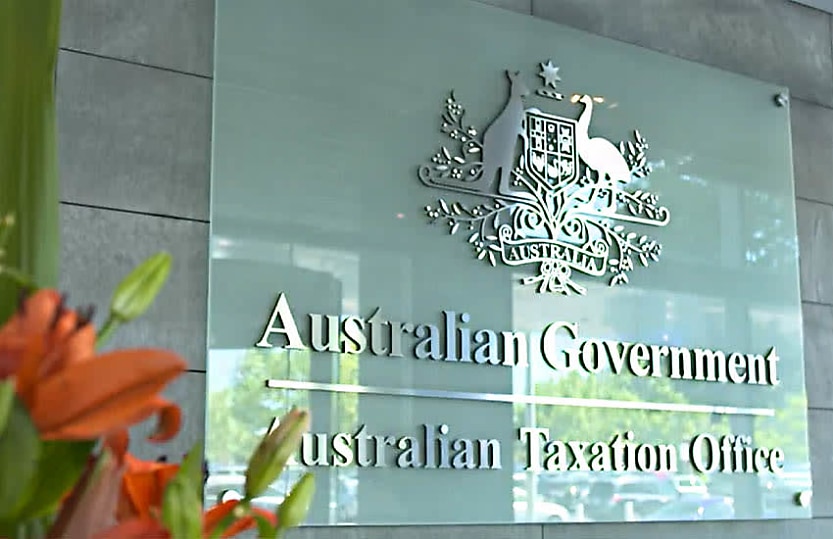WA woman faces jail time for illegal early release scheme

A Western Australian woman has been sentenced to three years in prison for submitting fraudulent applications to obtain illegal access to superannuation benefits.
In a joint statement, the ATO and the Australian Federal Police (AFP) revealed a woman from Western Australia obtained early release superannuation benefits by submitting fraudulent applications.
The 39-year-old woman was sentenced by the Perth District Court last week to three years imprisonment with a non-parole period of 18 months.
According to the statement, the woman pleaded guilty to 30 charges in November 2023 after obtaining superannuation benefits totalling more than $202,000.
The woman was found guilty of 27 counts of fraud, contrary to section 409(1)(e) of the Criminal Code Act Compilation Act 1913 (WA).
The woman was also found to be guilty of three counts of attempted fraud, contrary to section 409(1)(e) and 552 of the Criminal Code Act Compilation Act 1913 (WA).
In 2020, the federal government expanded the superannuation saving early access criteria to include financial hardship induced by COVID-19.
In the same year, the Serious Financial Crime Taskforce (SFCT) led by the ATO identified multiple WA people who were allegedly trying to illegally access an early release of superannuation benefits.
Following this, the AFP launched an investigation which found the West Australian woman to first be charged on 22 May 2020.
In the investigation, it was found the 39-year-old woman submitted 30 false severe hardship claims from April 2019 to April 2020 for herself and 24 other people to access super payments of $10,000 each.
SFCT chief and ATO deputy commissioner John Ford said this case is an example of the SFCT’s ability to deliver a whole government response to target criminal behaviour.
“The outcome sends a clear message to the community that we do bring those who exploit the tax and super system to account, particularly those who encourage and then benefit from others committing offences,” Ford said.
“We have robust systems in place that stop this sort of crime.”
The ATO and AFP statement revealed the woman moved money into different bank accounts and submitted more applications after successfully receiving a hardship payment from her super account.
Through this process, the woman received over $202,000 for herself and others.
The ATO and AFP said the woman was paid a fee by each person she committed the crime for, giving her an extra $11,000 in fees from her illegal activity.
The woman also falsified details by using information from professionals such as teachers, nurses, doctors and pharmacists to certify documents and statutory declarations.
In May 2020, the AFP executed a search warrant of the woman’s house which found business identification and certification stamps along with other evidence.
AFP Detective Superintendent Peter Chwal said the AFP, Commonwealth and state law enforcement partners are united in stamping out fraud and anyone exploiting government support.
“It is important to protect the integrity of financial support programs to ensure funds are only dispersed when people genuinely need them or can legitimately access them,” he said.
The ATO and AFP said suspected fraud of government benefits should be reported immediately.
About the author







